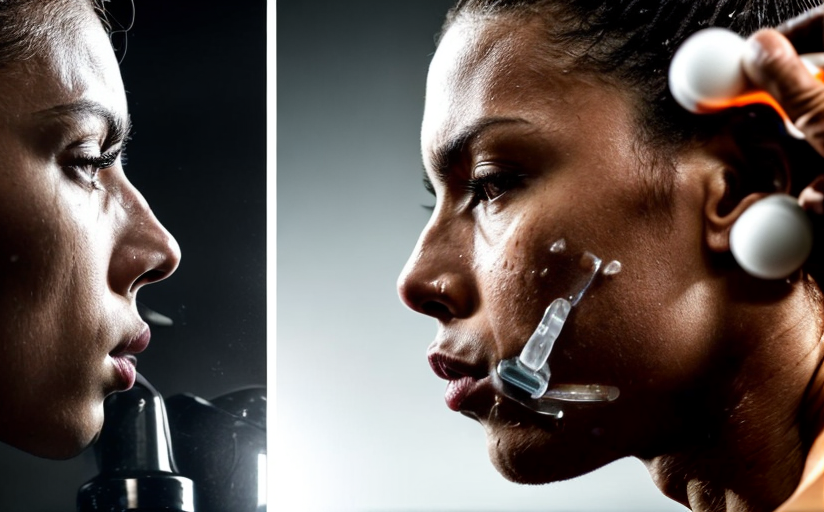Rise and Effects of Performance-Enhancing Drugs in Professional Sports
The rise of performance-enhancing drugs (PEDs) in professional sports continues to generate widespread controversies with debates revolving around their effects, the ethics surrounding their use, and the motives driving athletes to resort to such measures. As this phenomenon persists, we need to critically consider the implications on athletes' health, their career, and the overall standards of fairness in sports.
The Appeal of Performance-Enhancing Drugs
Several reasons lure athletes to the use of PEDs. The intense competition to excel, tremendous pressure to consistently perform, and immense financial rewards at stake predominantly drive athletes to indulge in the use of PEDs. The substances offer athletes increased strength, endurance, and quick recovery, thereby giving them an undue advantage over their competitors.
Health and Career Implications
Despite their immediate benefits, PEDs come with significant dangers. There are serious health risks, such as heart issues, liver damage, depression, and hormonal imbalances, to name a few. Additionally, testing positive for PED use can severely damage an athlete’s career, leading to bans from competition and often irrevocable harm to their reputation.
Ethics of Using Performance-Enhancing Drugs
Sport is inherently a testament to the human sprit, willpower, and natural talent. The use of PEDs challenges this principle, calling into question the fairness of competition. However, some argue that PEDs level the playing field, as not all athletes are equally endowed genetically. They argue, that with careful regulation, these drugs could be accepted.
Resisting the Tide: Measures to Control PEDs in Sports
To ensure fairness and protect athletes' health, various sports bodies have implemented stringent measures. The World Anti-Doping Agency (WADA) spearheads these initiatives with its rigorous anti-doping code, which is enforced globally. Regular and random drug-testing, severe penalties for offenders, and conducting educational programs about the dangers of PEDs are among the measures in place.
Conclusion
The debate over PEDs in sports is complex, encompassing issues of health, career implications, and ethics. While some advocate for regulated usage to level the playing field, others vehemently oppose any form of PEDs, believing sport should remain a test of natural talent and ability. Ultimately, the focus should be on protecting the integrity of sports and ensuring the health and wellbeing of athletes.


















Comments
Leave a Comment